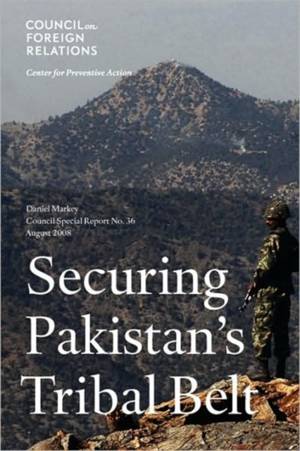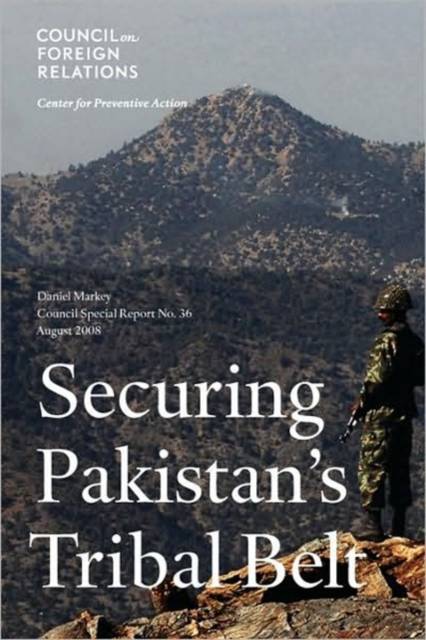
- Retrait gratuit dans votre magasin Club
- 7.000.000 titres dans notre catalogue
- Payer en toute sécurité
- Toujours un magasin près de chez vous
- Retrait gratuit dans votre magasin Club
- 7.000.000 titres dans notre catalogue
- Payer en toute sécurité
- Toujours un magasin près de chez vous
Description
Under Pakistani law, a Federally Administered Tribal Area (FATA) is a semi-autonomous region governed by rules dating back to the British colonial era. Today, Pakistan's FATA provides safe haven for international terrorists, training grounds for regional militants, and a destabilizing threat to the Pakistani state. Since 9/11, the Pakistani government has pursued different strategies to address these overlapping threats to national and international security, ranging from heavy military occupation to political negotiation. In an effort to bolster Islamabad's efforts, in 2007 the Bush administration pledged $750 million for FATA security and development assistance over five years. Yet it remains unclear how effective this aid will be at solving the central policy dilemma facing the United States in the FATA: how to tackle immediate security threats --militants attacking U.S. troops in Afghanistan or terrorists plotting against American citizens -- while simultaneously working to transform the FATA into a stable, governable territory. The next administration will need to reassess U.S. strategy for dealing with Pakistan's tribal frontier.This report provides a comprehensive U.S. policy --involving a mix of financial assistance, diplomatic influence, covert action, and military/intelligence cooperation --for dealing with Pakistan's FATA. It provides solid recommendations that serve as the starting point for a discussion on alternative medium- and long-term plans for U.S. assistance for the next administration.
Spécifications
Parties prenantes
- Auteur(s) :
- Editeur:
Contenu
- Nombre de pages :
- 65
- Langue:
- Anglais
- Collection :
Caractéristiques
- EAN:
- 9780876094143
- Date de parution :
- 01-08-08
- Format:
- Livre broché
- Format numérique:
- Trade paperback (VS)
- Dimensions :
- 155 mm x 229 mm
- Poids :
- 149 g







